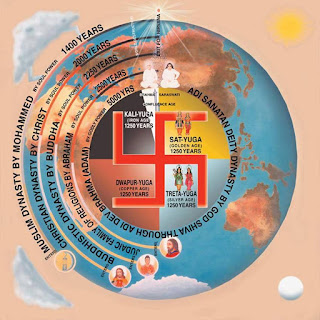Character
Character
Character
has been defined as “the distinctive mark of an individual.” What that mark is
going to be depends partly upon nature, but largely on family environment and up-brining.
Children are imitative creatures, but they are also endowed with reasons; and
character is formed, first by inculcating ideas of right and wrong in the minds
of the young and, secondly, by the exercise on the part of the children of the
reasoning power on questions of right and wrong. All men more or less are the
architects of their own character.
Character
depends upon imitations, tastes, talents and habits. Imitation, in the case of
children, is instinctive and not connected with reason, but as he grows older
he chooses what to initiate. Then is the time for education to step in and
point out what is worthy of imitation and what is unworthy, and then he will
learn to select the best models for limitation. Ideals of self-control,
courage, benevolence, honesty, purity should constantly be held up for the
admiration of the young. They should be encouraged to read the biographies of
great men, that they may be inspired by their example.
Another
important factor in the formation of character is habit. It is by habit that
character is fixed, just as it is by conduct that it is indicated. The practice
of shirking work quickly grows and if allowed to obtain a firm hold, with be
found most difficult to eradicate. On the contrary good habits, though more difficult
to form than bad habits, are within the power of who are not radically weak,
and, once formed, will rebuilt in the production of a healthy man, a worthy
citizen, dutiful son and a wise father.



.jpeg)
Comments
Post a Comment